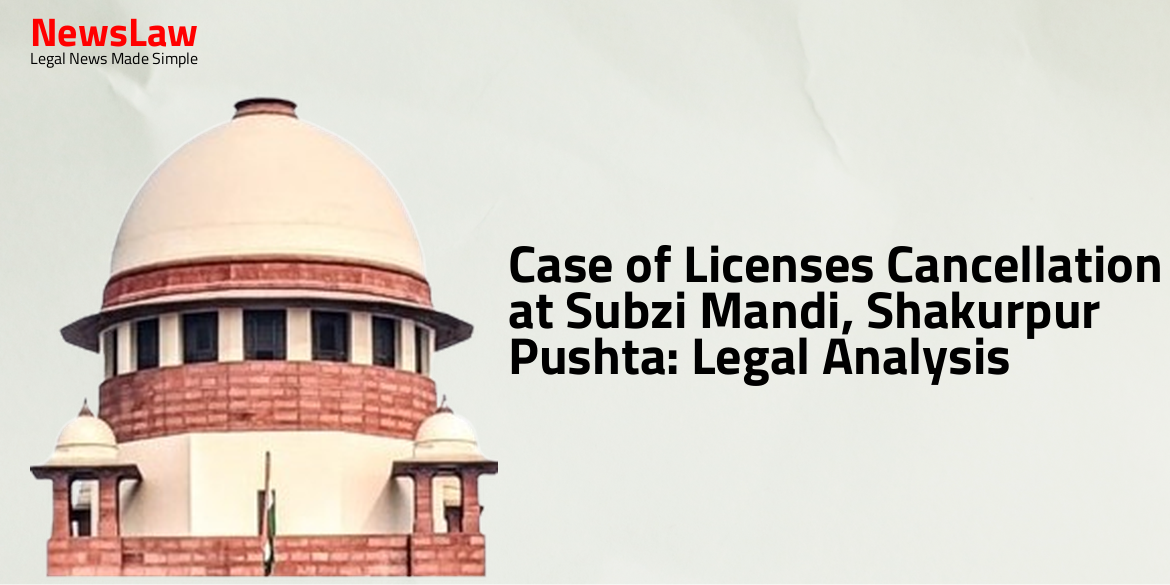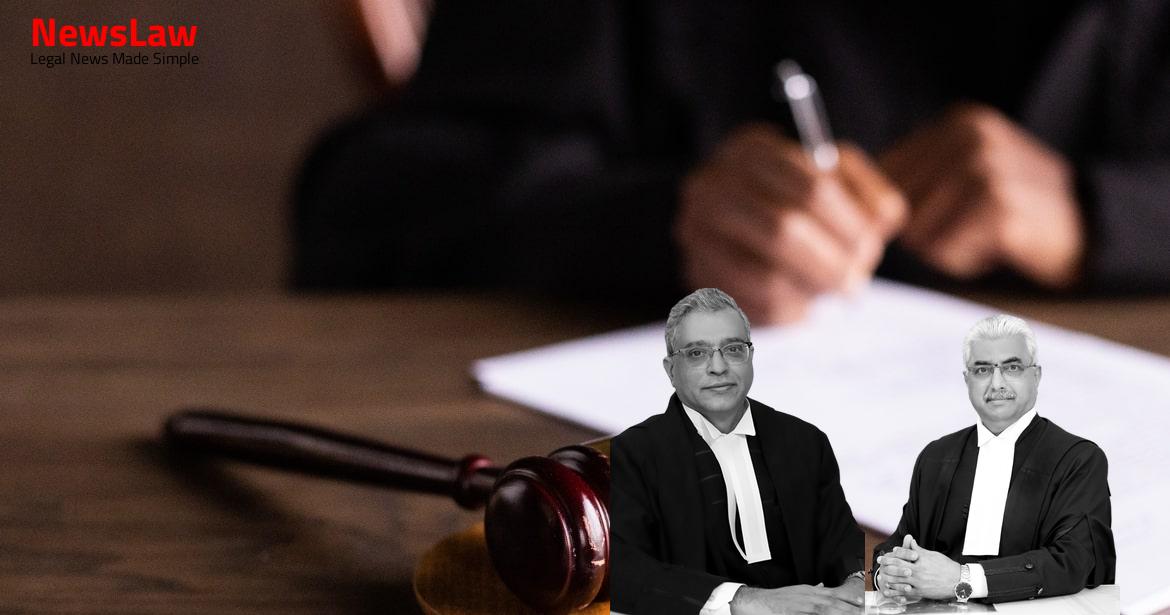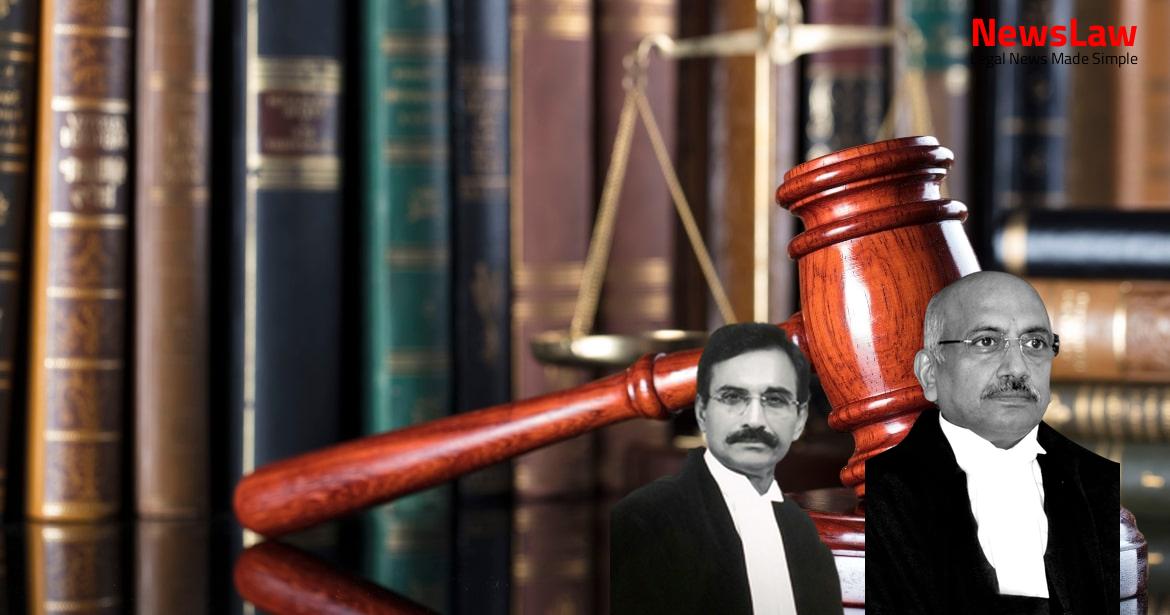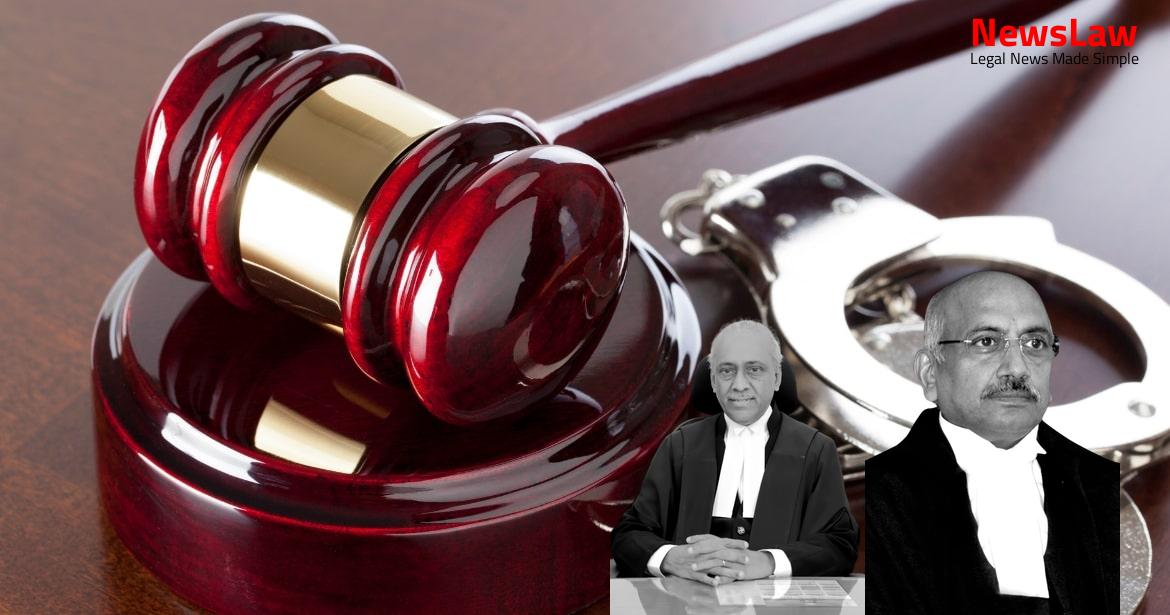Explore the legal intricacies surrounding the cancellation of licenses at Subzi Mandi, Shakurpur Pushta in a recent Delhi High Court judgment. The case delves into the nuances of administrative decision-making, procedural fairness, and the importance of natural justice principles. Discover how the court navigated through the complexities to ensure a just outcome for all parties involved.
Facts
- Licenses were granted to the petitioners for sale and purchase of fruits and vegetables at Subzi Mandi, Shakurpur Pushta, Shahdara, Delhi.
- Applications for renewal of licenses were examined by a committee after show cause notices were issued to the petitioners.
- Renewal applications for the years 2002-2003 and 2003-2004 were rejected based on deficiencies in documents submitted by the petitioners.
- Rule 17(C) required carrying on business for at least one year prior to renewal application.
- Petitioners were given opportunities to rectify deficiencies but the licenses were ultimately cancelled.
- Appeals by petitioners were dismissed by the Appellate Authority.
- Petitioners were not functioning in the preceding year without any reasonable cause as required by Rule 17(C).
- Petitioners were suspended from the Subzi Mandi, Shakurpur Pushta due to construction activities by MCD/PWD in May 2002.
- Anti-corruption FIR was registered, but not directly related to petitioners’ licenses.
- The cancellation of licenses was done after due process, considering deficiencies and lack of functioning during the preceding year.
Arguments
- The counsel for the petitioners argued that procedural defects can be cured and should not defeat substantive rights without giving a reasonable opportunity.
- The counsel for the petitioners cited the case of M/s. Ramnath Exports Pvt. Ltd. V Vinita Mehta & Another, (2022) 7 SCC 678 to support their argument.
- They also referred to the cases National Highway Authority of India V Madhukar Kumar, 2021 SCC OnLine SC 791 and Southern Power Distribution V Hinduja National Power, 2022 Livelaw (SC) 117.
- There was no legal prohibition against issuing statutory licenses on residential addresses.
- The petitioners filed statutory appeals against the orders of the authority, which were dismissed on the grounds of holding licenses on residential addresses instead of commercial spaces.
- The respondents alleged that the petitioners did not provide accurate information in their license applications and had discrepancies in the documents submitted.
- The petitioners were given opportunities to be heard in their appeals but failed to provide satisfactory explanations.
- The petitioners were never assured of allotment at Ghazipur Subzi Mandi and the licenses were cancelled due to fake and wrong information submitted.
- The licenses were cancelled following irregularities noticed during the investigation conducted by Original Name of Respondent No.2.
- The petitioners argued that they were not granted oral hearings, violating the principle of natural justice.
- The licenses were granted based on documents submitted, and renewal depended on the validation and correction of these documents.
Analysis
- The licenses were issued and renewed after completion of necessary formalities with required documents submitted.
- Show cause notices were issued to the petitioners citing submission of false information for wrongful gains.
- The petitioners were given a chance to respond to the show cause notices within 7 days.
- The replies of the petitioners stated that objections were frivolous and raised to defeat their case regarding allotment of a shop.
- Administrative authority must provide an opportunity for the party to present their case and cannot make decisions solely based on material without explanation from the concerned party.
- Judicial review focuses on legality rather than the merits of the case, ensuring administrative authorities act within legal boundaries.
- The appellate authority heard appeals filed by the petitioners after providing them with an opportunity to be heard.
- The courts do not entertain appeals from decisions of authorities and do not interfere in their discretion.
- Natural justice principles, including the right to be heard, must be followed in decision-making processes.
- No individual should be condemned unheard, and decisions should not be made behind their back.
- Actions of the state must be guided by non-arbitrariness, reasonableness, rationality, and public interest.
- The principle of audi alteram partem ensures that individuals have the opportunity to defend themselves.
- Fair hearing consists of notice and hearing components as highlighted by the Supreme Court.
- Judicial review focuses on the decision-making process, not the merits of the decision itself.
- Judicial review is a protective mechanism, not a weapon against the decision-makers.
- Public authorities must act fairly, objectively, transparently, and non-discriminatorily in their dealings.
- Discretion of authorities must be regulated and coupled with duty, acting in breach of trust is not permissible.
- Article 14 of the Constitution safeguards against arbitrariness and ensures fairness and equality of treatment.
- Natural justice principles aim to prevent miscarriage of justice and ensure powers are exercised for the public good.
- Every holder of a public office is considered a trustee with the primary duty towards the people of the country.
Decision
- Petitioners were granted licenses earlier which were subsequently renewed.
- Respondent observed that petitioners were granted licenses on addresses other than Subzi Mandi, Shakarpur Pushta which was demolished by local authorities.
- Petitioners were granted ‘A’ Category licenses for fruit and vegetable business at Shakarpur Pushta.
- The appellate authority, respondent no.2, dismissed the petitions and applications stating there was no merit in them.
Case Title: BRAJ BHAN RAHUL & ORS. Vs. AGRICULTURAL PRODUCE MARKET COMMITTEE & OTHERS (2024:DHC:4763)
Case Number: W.P.(C)-8460/2005



